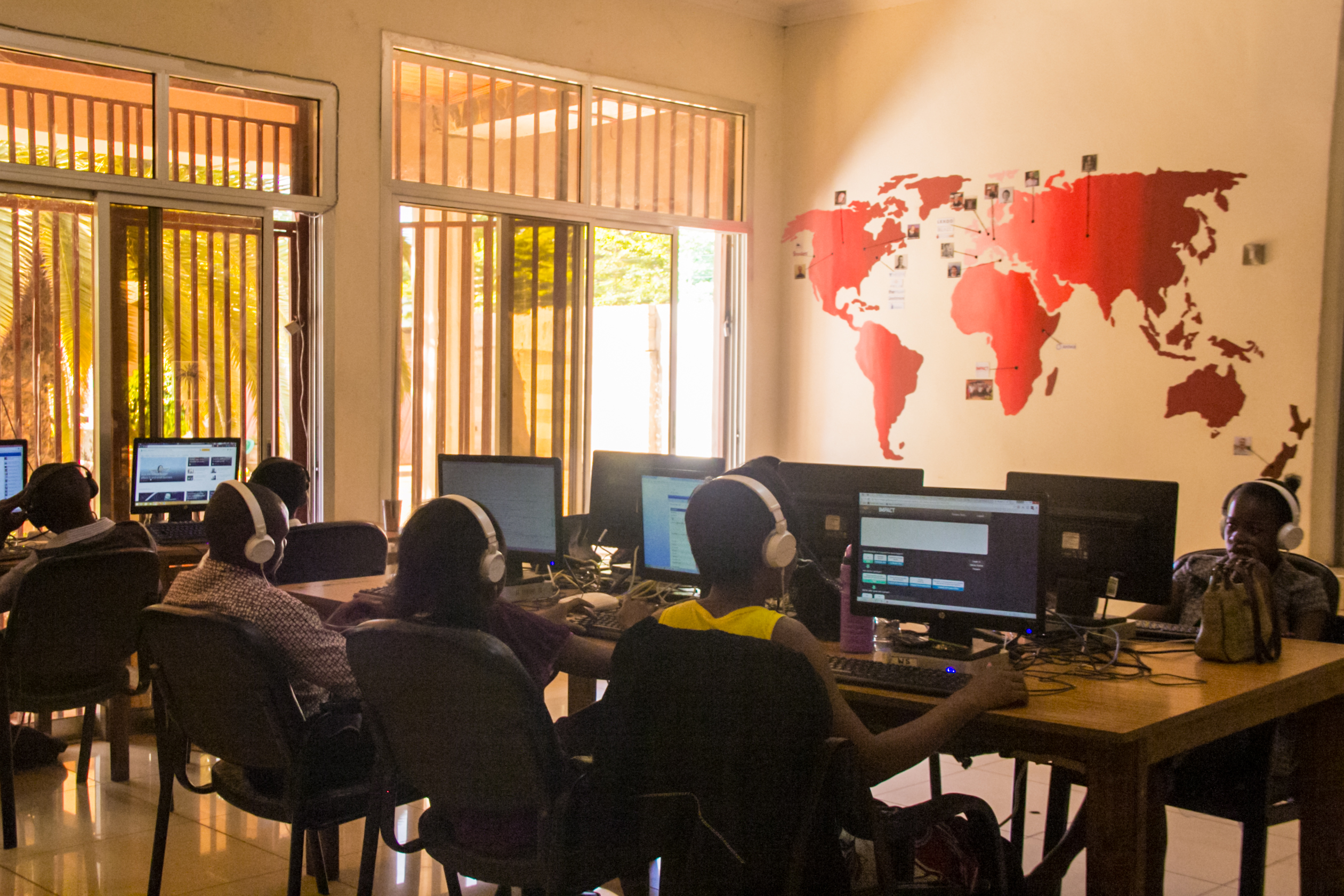Running a business is a dream for many of us. But it’s not a dream that materializes easily. Getting ready to start your entrepreneurial journey means that you’ll invest A LOT of time and energy. You know the drill: develop the idea, come up with a viable business plan, receive funding, launch, improve, get your first customers, etc.
If you’re successful your idea will turn into a flourishing small-scale business with great prospect of growth. But the hard work is not done yet. Managing your business day in day out actually requires a diverse set of skills and it’s challenging! Having set up the first tech company of its kind in Zambia three years ago, we speak of experience.
No matter if you just started to plan your own business or you’re already running it – there’s uncertainties and challenges all along the way. It’s tough, it’s exciting, and it requires a specific skill set from you in order to succeed!
Based on our own experiences, we compiled a list of the 10 most important management skills for running your business. Do you have what it takes?
1. Motivation
There’s going to be a lot of bad days. There’s going to be a lot of boring and tedious days. It’s essential that you figure out what keeps you going and what you’re passionate about.
For us, working in Africa meant that we were constantly putting out fires and dealing with unforeseen challenges. But we never stopped believing in the potential of our business model. After two years in business, we’ve already hired more than 100 young Zambians and impacted their lives in a sustainable way. Experiencing the impact of our work definitely makes up for many of the hassles in day-to-day Zambian business life.
2. Patience
You have a plan ready for sales, marketing, operations but every development just seems to take more time than originally imagined? It’s just normal. Things always take longer than you plan. It’s important that you don’t loose your motivation over the fact that things are not always running according to your plan.
Here in Zambia, being patient is a big part of our life. There are many things in the institutional environment that slow our plans down, from internet speed, to power shortage, to availability of maintenance workers. Of course, we would love being a huge company by now, but growth just takes its time as well.
3. + 4. Adaptability & Self-Awareness
Being a small team means you have to be a jack of all trades. Small businesses can’t afford to have separate departments to handle everything, so management often has to play multiple parts. You must be able to adapt to the variations of tasks that you are required to master.
But it’s also important to never forget that everyone has their weaknesses. As a manager, you have to know not just your strengths but also be self-aware where you need help. Consider this when you build a great team and find people that compliment your needs.
5. Organization
Since you’re required to master a lot of different tasks and departments simultaneously, staying organized and focused is vital. You must stay on top of your responsibilities! This works best if you break down tasks problems and come up with an actionable plan.
6. Humility
You will constantly be facing difficulties and failures. Humility often means accepting failure and adjusting to those obstacles. Your vision of success will be undercut but the obstacles of reality. Don’t be afraid to ask for help.
When we first started our impact sourcing company in Zambia, we found ourselves challenged by even the easiest tasks. Our projects didn’t run smoothly at all and after a lot of frustration, we came to realize that we needed to reassess our business model and prospects.
7. Scrutiny
It’s important to be critical of everything happening in your business and figuring out how to make things better. Problems often need to be addressed early on before they grow out of control.
8. Curiosity
Leaders are always learning. Only if you are striving to improve yourself you’ll manage to become more adaptive, critical, and self-aware.
A while back we’ve implemented an internship program. Young graduates from all over the world and diverse educational background come to work with us on a 2-3 month rotation cycle. Thus, we are constantly exposed to new, fresh ideas and minds, which is one way for us to keep learning and improving ourselves.
9. Empathy
Being able to see the world from your stakeholders’ perspective is critical. You need to understand what your employees, partners, customers, investors, and suppliers think. And you need to be open to hearing their feedback.
At Impact Enterprises, we put a strong emphasize on keeping excellent relationships with our customers. Whenever we travel out of Zambia we try to visit as many of our clients as possible in person, to hear what they have to say.
10. Confidence
Last but not least: Remember that there’s always a bigger fish in the sea. It’s easy to start comparing yourself to your competitors and being discouraged by their success. Don’t let glossy marketing stories tell their whole story. They also started small and face the exact same challenges as you.
